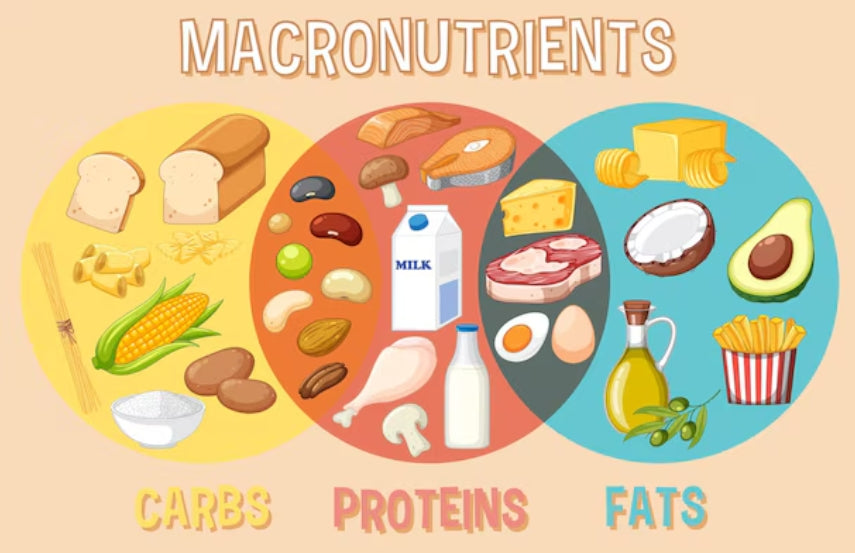Phosphorus is the second most abundant mineral in the human body, with about 85% of it found in bones and teeth. This mineral is vital for the formation and maintenance of strong, healthy bones. Alongside calcium, phosphorus contributes to bone structure and density, making it an essential nutrient for bone health.
The Importance of Phosphorus in Bone Health:
1. Bone Formation:
Phosphorus combines with calcium to form calcium phosphate, the primary mineral component of bones and teeth. This compound gives bones their hardness and strength. Adequate phosphorus intake is necessary for proper bone formation and growth, particularly during childhood and adolescence.
2. Bone Maintenance:
In adults, phosphorus continues to play a crucial role in bone maintenance. It is involved in the ongoing process of bone remodeling, where old bone tissue is replaced by new tissue. This process helps maintain bone density and prevent bone-related disorders.
Interaction with Other Nutrients:
1. Calcium:
The relationship between calcium and phosphorus is critical for bone health. Both minerals must be present in the right balance for optimal bone formation and maintenance. An imbalance, such as excessive phosphorus intake with insufficient calcium, can lead to bone loss and increased risk of fractures.
2. Vitamin D:
Vitamin D enhances the absorption of both calcium and phosphorus from the digestive tract. Without adequate vitamin D, the body cannot effectively utilize these minerals, leading to poor bone health. Ensuring sufficient vitamin D levels is essential for the proper utilization of phosphorus in bone formation.
3. Magnesium:
Magnesium also plays a role in bone health by supporting the activities of osteoblasts and osteoclasts, the cells responsible for bone formation and resorption. Adequate magnesium levels help maintain the delicate balance of calcium and phosphorus in the bones.
Consequences of Phosphorus Deficiency:
1. Bone Weakness and Pain:
Phosphorus deficiency can lead to bone pain and weakness. In severe cases, it can cause osteomalacia in adults, a condition characterized by soft and weak bones, and rickets in children, which leads to bone deformities.
2. Impaired Bone Growth:
In children and adolescents, inadequate phosphorus intake can impair bone growth and development, leading to stunted growth and skeletal abnormalities.
Consequences of Excess Phosphorus:
1. Bone Loss:
Excessive phosphorus intake, particularly from processed foods and soft drinks, can lead to an imbalance with calcium. High phosphorus levels can interfere with calcium absorption, potentially leading to bone loss and increased risk of osteoporosis.
2. Kidney Damage:
Excess phosphorus can also strain the kidneys, as they are responsible for excreting excess phosphorus from the body. Over time, this can lead to kidney damage and impaired kidney function.
Dietary Sources of Phosphorus:
1. Dairy Products:
Milk, cheese, and yogurt are excellent sources of phosphorus, providing both calcium and phosphorus in a balanced ratio.
2. Meat and Fish:
Animal proteins, including beef, chicken, pork, and fish, are rich in phosphorus.
3. Whole Grains and Nuts:
Whole grains, nuts, and seeds are good plant-based sources of phosphorus. However, the bioavailability of phosphorus from these sources can be lower compared to animal-based sources.
4. Legumes:
Beans, lentils, and chickpeas are also high in phosphorus and contribute to overall dietary intake.
Ensuring Optimal Phosphorus Intake:
1. Balanced Diet:
A balanced diet that includes a variety of foods from different food groups is the best way to ensure adequate phosphorus intake. Emphasize whole foods over processed options to maintain a healthy phosphorus-calcium balance.
2. Monitoring Intake:
Individuals with kidney disease or other health conditions may need to monitor their phosphorus intake closely. Healthcare providers can offer guidance on appropriate dietary adjustments and potential supplementation.
Final Thoughts:
Phosphorus is a vital mineral for bone health, working in concert with calcium, vitamin D, and other nutrients to support bone formation and maintenance. By understanding the role of phosphorus and ensuring a balanced intake through a healthy diet, individuals can promote strong, healthy bones and reduce the risk of bone-related disorders.




